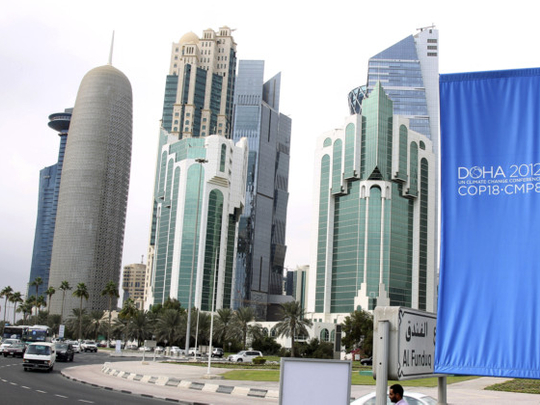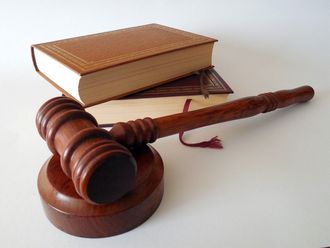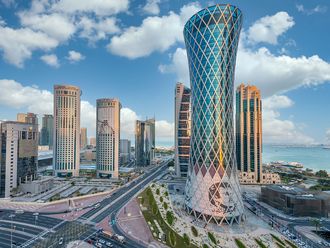
Doha: Hosting the climate change conference is part of Qatar’s campaign to project itself as a world player, after winning the bid to host the 2022 World Cup for football and backing rebellions in Libya and Syria.
It also offers the ruling family an opportunity to change perceptions about a region that in the past has seemed concerned only with protecting its vast oil and gas reserves from the impact of any climate agreement. The Arabian Gulf states insist that portrayal is outdated.
The UAE has, for example, endorsed the extension of the Kyoto Protocol, which limits the greenhouse emissions of industrialised countries. It was also the first Gulf nation to sign on to the Copenhagen Accord supporting a long-term deal to reign in emissions.
Even Saudi Arabia, which in the past led opposition to a global agreement capping greenhouse gas emissions, has moderated its position and shaken up its negotiating team.
Leaders across the Gulf also are more vocally acknowledging the impact of climate change, endorsing the science that shows emissions are on rise and recognising they are not immune to the impact of global warming. They also are promising to do their part to combat it.
“I describe Qatar as the epicentre of climate change. There is no water, no food. It’s barren desert,” said Fahd Bin Mohammad Al Attiyah, chairman of Doha’s COP18 organising committee. “Any problems to harvest season or productivity outside the Gulf would immediately impact our ability to have access to food at reasonable global prices.”
Qatar and the UAE have rolled out green building codes in an effort to shift away from energy-sapping high-rises that dominate the skyline. Qatar says it will produce 20 per cent of its energy from renewables by 2024, while Saudi Arabia, Kuwait and the UAE have announced plans to invest heavily in solar power.
The UAE, which has set a target to generate 7 per cent of its electricity from renewables by 2020, is home to the International Renewable Energy Agency and the government-run Masdar Institute, which has built the first phase of a pre-planned city powered by renewable sources. The UAE has also announced plans to build four nuclear reactors, the first of which should be operational by 2017.
“We don’t want to continue to be seen as only an exporter of oil through barrels or gas through pipelines,” said Sultan Ahmad Al Jaber, the chief executive officer of Masdar and UAE’s special envoy for energy and climate change.
“Our approach should be an energy mix approach where oil and gas continues to play a role, nuclear continues to play a catalytic role but the only energy source that will grow over time will be renewable energy,” he said. “That is simply because the technology is maturing and the world better recognises the need for advancing this technology.”












